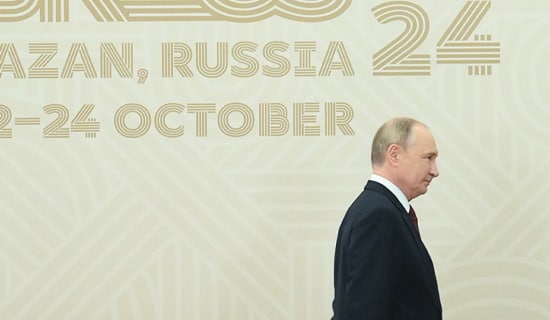Following the April 8, 2017 terrorist attacks against the churches in Alexandria and Tanta in Egypt, Tawfiq Al-Sayf, a columnist for the London-based Saudi daily Al-Sharq Al-Awsat, criticized Islamic countries for continuing to treat Christians as "protected people" (dhimmis), and not as citizens with equal rights. Al-Sayf called to abandon this approach, for it is based on Islamic law, which he says is not appropriate for the modern era and reality, and instead to adopt the modern concept of citizenship.

The church in Tanta, Egypt after the attack Source: Elaph.com
The following are translated excerpts from his column:[1]
"The terrorist attack against the two churches in Egypt generated a broad wave of condemnation among all Muslims – religious scholars, the general public, and politicians. I thank God that no one is praising these crimes, or justifying them. This is a positive development. [However,] in the statements of condemnation, my attention was drawn to the repeated use of terms such as 'protection seekers,' 'protected people' (dhimmis), ' and 'People of the Book' to describe the Coptic citizens who were the victims of the treacherous attack. Such terms are usually found in discussions among clerics, [who use it] to emphasize the prohibition against attacking non-Muslims. These terms are not neutral linguistic generalizations, but rather 'facts [fixed] in the Islamic shari'a,' according to the perception of the extremists, i.e. special terms charged with specific meaning. They are used… to refer to a totality of inter-relationships and categories, or [to grant] uniform meaning to the status of [certain] people in relationship to the person talking. These descriptions belong to an Islamic law perception of reality, which, from a modern perspective, is mistaken, and highlights the difference between reality as perceived by Islamic law and actual reality. All these labels [to describe non-Muslims] belong to a bygone historic age, hence the discrepancy [between the perceptions].
"These descriptions were coined with the inception of the [original] Islamic state, when its troops spread to [different] countries and it expanded, and relationships between Muslims and others developed. Thus there was a need to regulate the relationship between the victorious superpower and its strong [Muslim] people, and the weak individuals who surrendered voluntarily or were defeated. In these unique circumstances, these expressions were intended to emphasize the political control and responsibility of the state for all its subjects...
"As time passed and the Islamic legal perception permeated the general culture, religious affiliation became the only aspect [defining] social relationships, while [the proponents] of this approach failed to understand that it belonged to a bygone era. The concept of protection and patronage remained central to the definition of the relationship with non-Muslims, but at the same time they were not considered equal partners with respect to all rights, or 'citizens' in the modern sense. This approach is maintained in the Islamic law of today. A quick glance at numerous writings on this subject by modern-day Islamic jurisprudents and Islamic commentators is sufficient to reveal the problem with which they grappled when they wanted to consolidate an approach that would accommodate the heritage of religious law on the one hand, and the principles of [modern] politics, law, human rights and justice on the other.
"In fact, there is no need to settle the contradiction. [The concept of] the modern state belongs to a different set of ideas than the [concept of] state that existed at the time of the ancient Islamic state. In other words, it is something different, that can't be comprehended in terms of the ancient approach…
"The relationship between the modern state and its citizens is based on the principle of citizenship, which holds that all citizens are equal in rights and obligations, regardless of their religion and social affiliation. Every citizen has an equal right to the homeland, and his civil rights are derived from the validity of this, not from his religious affiliation. Therefore, in today's world there is no one who may rightly be referred to as a 'protected person' or 'protection seeker.' A citizen is a citizen, and that's all there is to it.
"For the general public, this conclusion is nothing new, but I thought this was an appropriate opportunity to draw the attention of Islamic jurisprudents and their disciples to the difference between inherited thinking and the reality of our world today. This is a call to abandon the ancient perceptions, which are no longer useful and are unrealistic. It is a call to direct thinking to the real world and to adapt to it, rather than reduce thinking to a world of ancient documents and writings, and adhere to them and to their flaws."
[1]Al-Sharq Al-Awsat (London), April 12, 2017.





